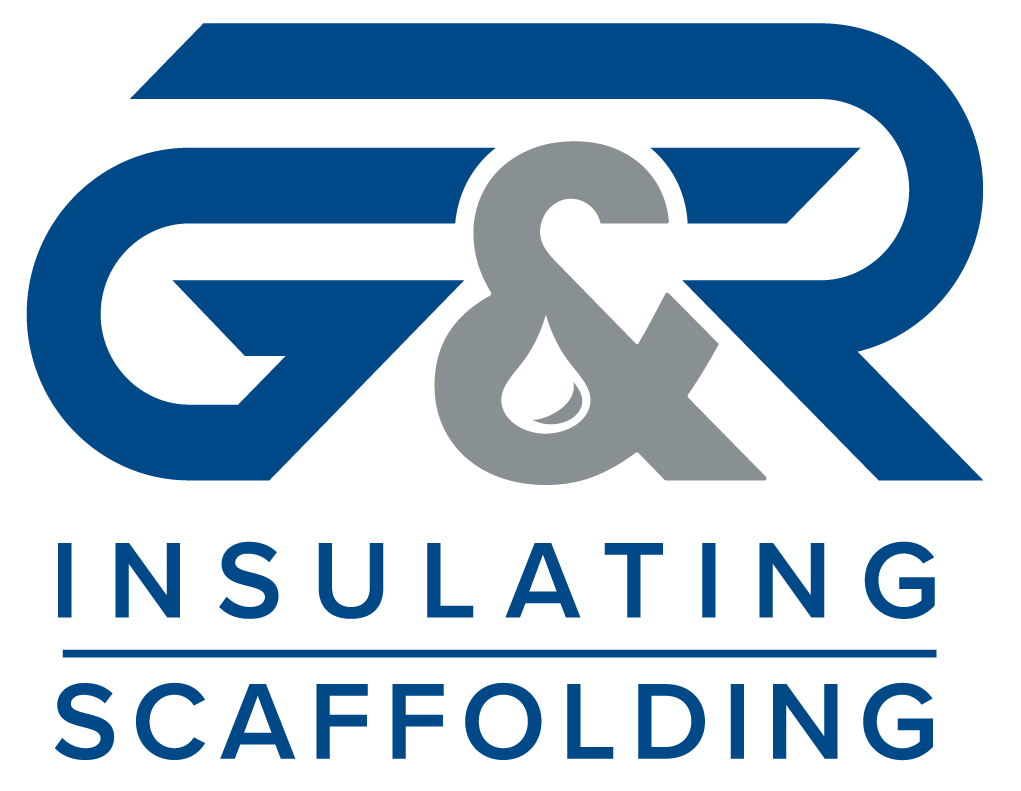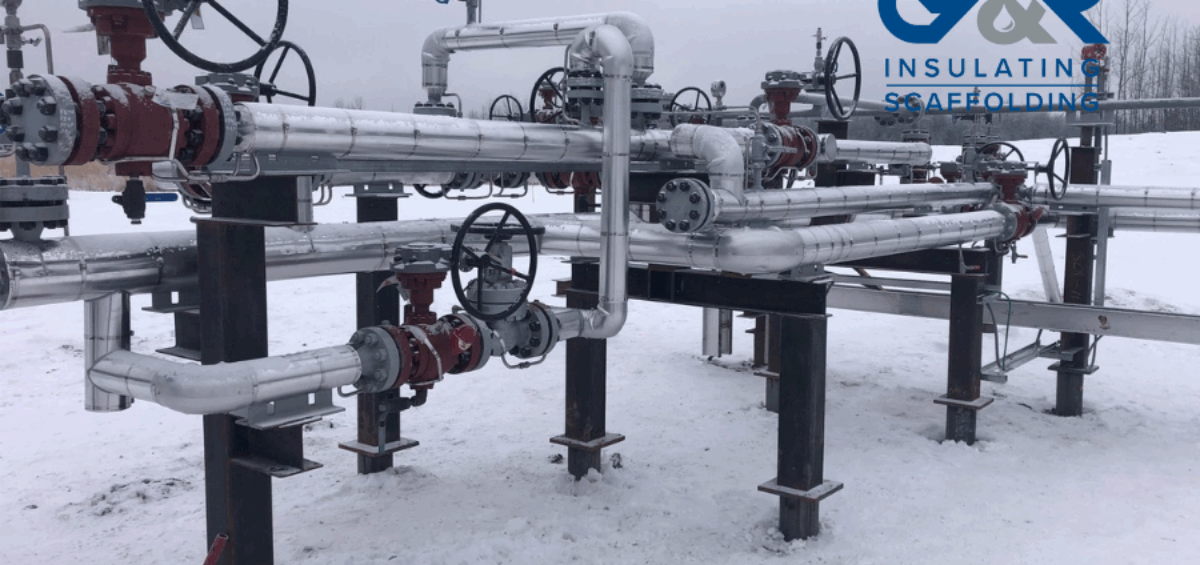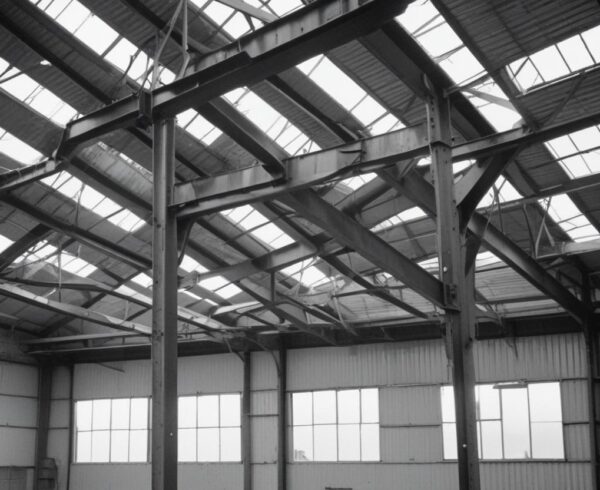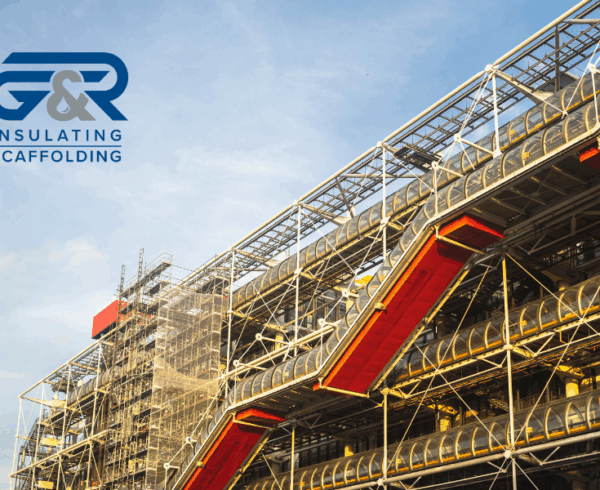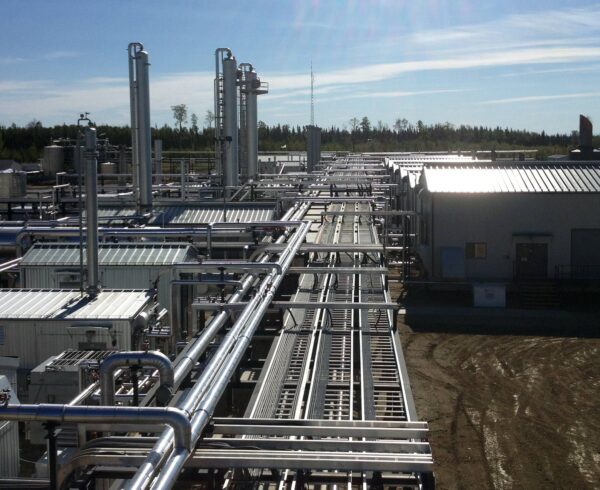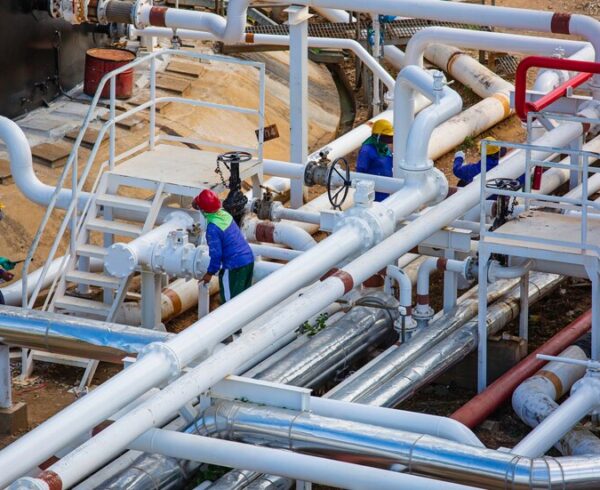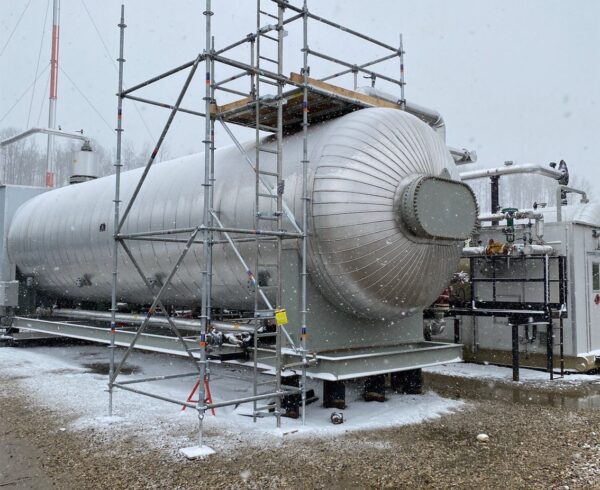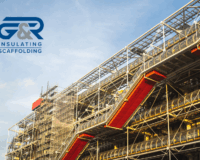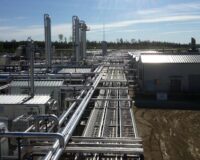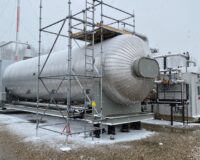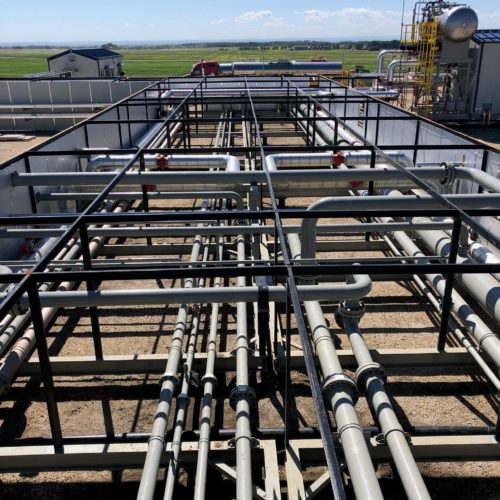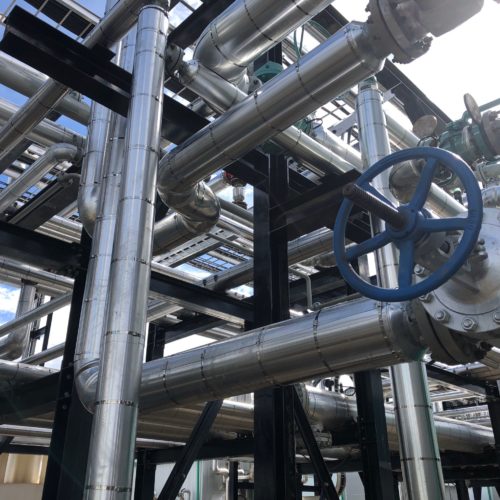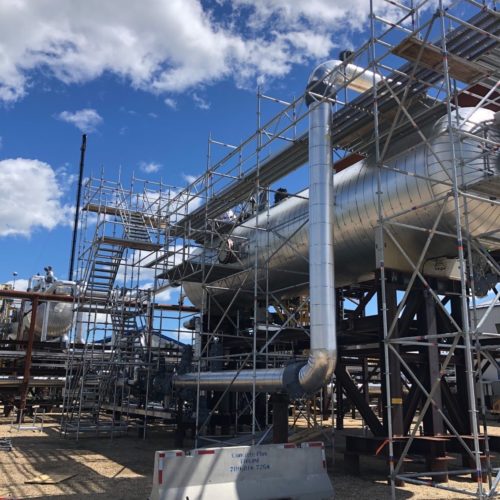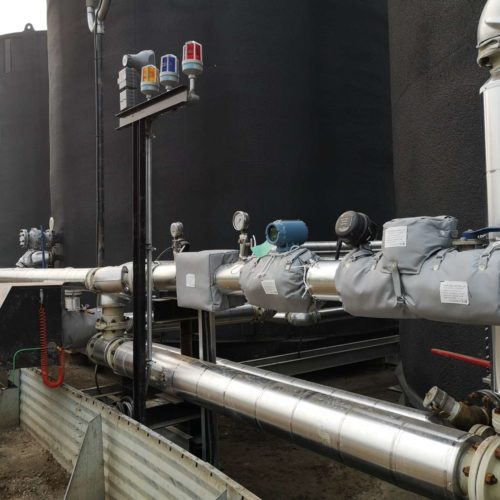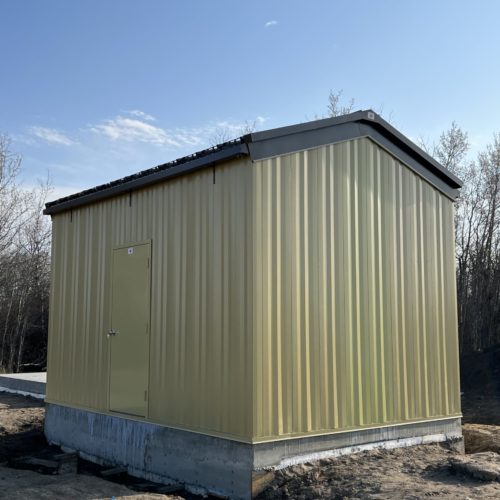Mechanical piping is a key part of homes, buildings, and industrial systems. These pipes carry water, steam, chemicals, or air. Without proper insulation, energy can be lost, pipes can freeze, and systems can cost more to run.
Insulating mechanical piping helps save energy, protects pipes, and reduces noise. In this guide, we will explain the benefits, types, and best practices for insulation in 2025. Whether you are a homeowner or in an industry, this guide will help you make smart choices.
Why Insulation for Mechanical Piping Matters
Insulating pipes is not just about energy savings. It also prevents damage and improves safety.
- Energy Efficiency: Pipes that carry hot or cold fluids lose energy without insulation. Insulation keeps heat in hot water pipes and keeps chilled water cold. This reduces energy bills.
- Pipe Protection: Pipes can freeze in winter. Frozen pipes can burst, causing expensive repairs. Insulation helps prevent this problem.
- Noise Reduction: Moving water in pipes can create noise. Insulation acts as a sound barrier, making homes or workplaces quieter.
- Safety: Hot pipes can cause burns. Insulation keeps the surface safe to touch.
Common Materials Used for Mechanical Piping Insulation
There are several materials for insulating mechanical pipes. The choice depends on temperature, environment, and cost.
- Fiberglass: Widely used for hot and cold pipes. It is fire-resistant and durable.
- Foam Rubber: Flexible and easy to install. Works well for cold water and HVAC systems.
- Polyethylene: Lightweight and moisture-resistant. Good for chilled water lines.
- Mineral Wool: Heat resistant and soundproof. Used in industrial or high-temperature pipes.
- Insulated Blankets: Removable covers for valves, tanks, and irregular shapes.
Each material has advantages and specific uses. For example, fiberglass is often used in oil & gas industries, while foam rubber is common in residential and commercial systems.
Best Practices for Installing Insulation
Installing pipe insulation is not difficult, but it requires care. Poor installation reduces the efficiency of insulation. Here are some tips:
- Measure Accurately: Measure the pipe diameter and length to get the right insulation size.
- Use Proper Materials: Match the insulation type to the pipe’s temperature and environment.
- Seal Joints: Make sure all seams and joints are sealed to prevent heat or cold loss.
- Check for Moisture: Wet insulation can lose its effectiveness and cause corrosion.
- Regular Maintenance: Inspect insulation regularly and replace damaged sections.
Professional companies often follow safety and quality guidelines to ensure long-lasting results. Proper installation can save money and improve system efficiency.
Industries That Benefit From Mechanical Piping Insulation
Many industries rely on proper pipe insulation to maintain efficiency and safety.
- Oil & Gas: Insulation prevents heat loss in pipelines and protects workers from hot surfaces.
- Commercial Buildings: Office buildings, schools, and hospitals use insulated piping for HVAC and plumbing.
- Pulp & Paper Mills: Hot water and steam lines need insulation to maintain processes.
- Residential: Homes benefit from hot water insulation, reducing energy bills and preventing frozen pipes.
Each industry uses specific materials and techniques based on temperature, pressure, and safety requirements.
About G&R Insulating and Scaffolding
G&R Insulating and Scaffolding was established in April 2000. They understand the importance of providing quality service and products. Their staff is well-trained and can manage jobs safely and efficiently.
Although this guide is informational, it references the high standards companies like G&R follow. Their services include:
- Mechanical piping insulation
- Oilfield buildings
- Glycol tubing installation
- Utilidors
- Vessel and tank insulation
- Insulated blankets
- Scaffolding services
These practices highlight how proper insulation and scaffolding support both safety and efficiency.
Conclusion
Insulation for mechanical piping is vital for energy savings, pipe protection, and safety. By choosing the right material and installing it correctly, you can prevent damage, reduce energy costs, and improve comfort in homes and workplaces.
Industries from residential to oil & gas rely on pipe insulation to maintain operations efficiently. Following professional practices ensures long-term benefits and safety. If you want to ensure your mechanical piping is properly insulated and maintained, contact us today to learn more. Proper insulation is a simple step that provides big savings and peace of mind.
